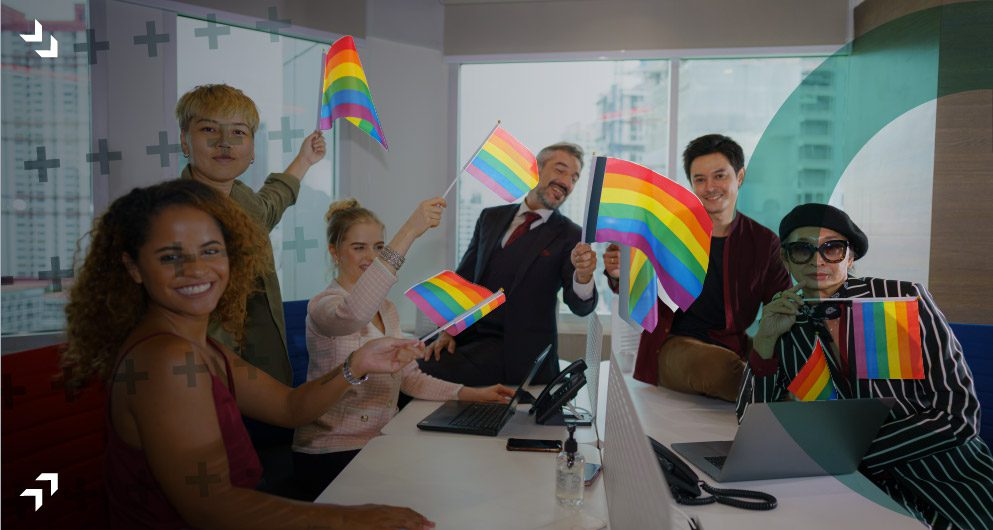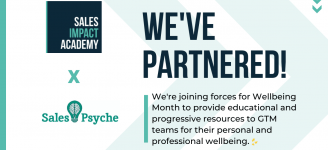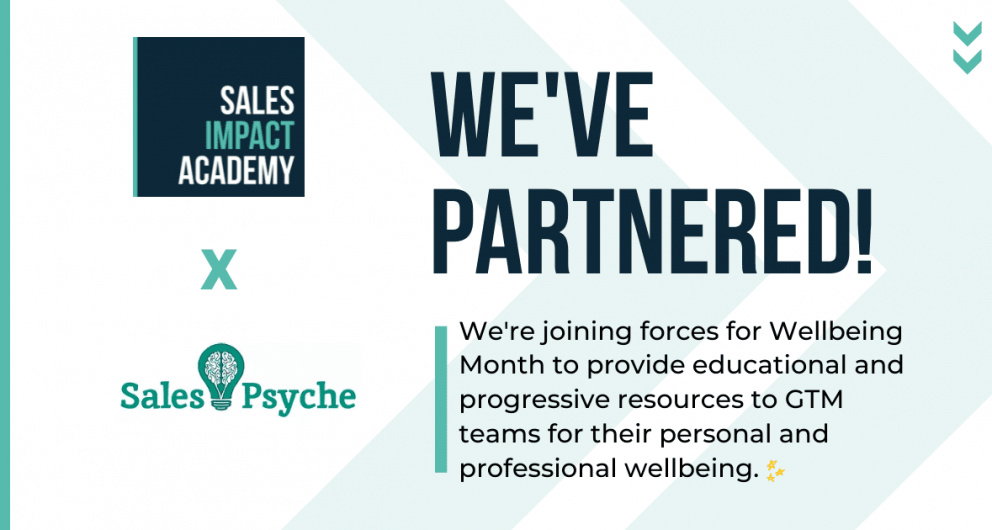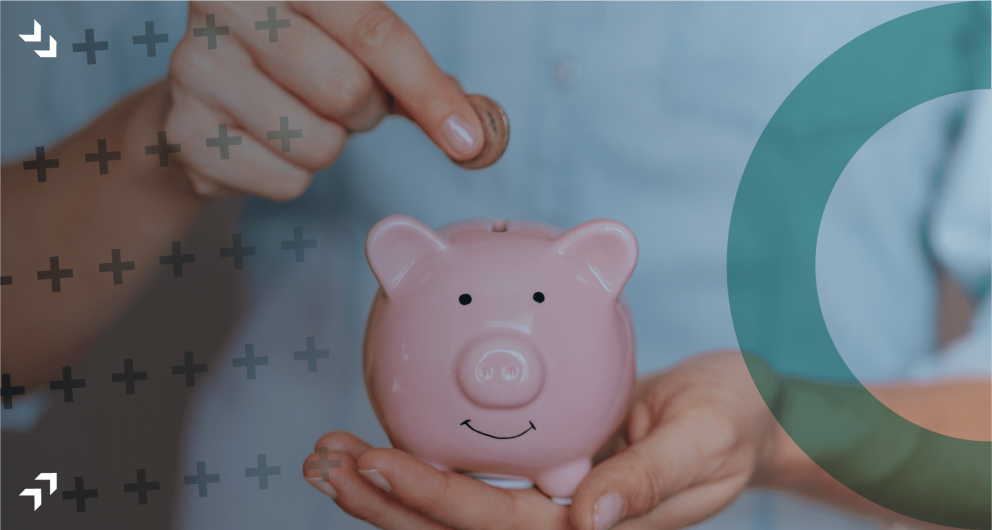- Coaches (3)
- Courses (25)
- Customer Success (10)
- Investment & Fundraising (6)
- Management & Leadership (34)
- Marketing (6)
- Prospecting (19)
- Sales (34)
- Sales Impact Academy News (23)
- Wellbeing (9)
Pride Month — Have you been having ‘Important Conversations’?

- Wellbeing
- Simone McNichols-Thomas
- Estimated Reading Time: 5 minutes
At Sales Impact Academy we support the LGBTQ+ community unapologetically and with continued conviction! 🏳️🌈 We’ve revisited some of the conversations we’ve been having which aim to support and champion Pride in the workplace.
It is everyone’s responsibility to dismantle the inequalities in society, and the workplace doesn’t get a pass. Often we think of communities existing outside of our working life, but we should remember that we are part of a community as colleagues and we can create an environment where everyone feels comfortable to bring as much of themselves to work as they would like.
Creating this is a choice which we actively pursue each day! ☀️
In this time of crisis, where we cannot come together to march in celebration of Pride, we must find other ways to start conversations and champion the push for equal rights for all.
Here at Sales Impact Academy we book in fortnightly meetings for ‘Important Conversations’. We discuss topics like mental health, racial inequality, the climate crisis, and LGBTQ+ rights. We aim to provide a dedicated safe space in the company where we can leave job titles at the (virtual) door and have open and honest conversations; supporting each other, encouraging each other and educating one another. We want these meetings to be actionable, so we discuss legislation and how we enable equality in the workplace.
Here are some common discussions around LGBTQ rights:
1. TERF-ism and fear 🗣
Many public figures have varied approaches to LGBTQ+ issues. Some have expressed views of TERF-ism-a radical feminism that claims transgender rights may infringe on the rights of cis women. However, shouldn’t we make room to acknowledge everyone’s truth without fear that it will take away from our own identity? Fighting for Transgender rights doesn’t mean we lose your own.
2. Are labels needed❓
There are many names to define the diverse members of the LGBTQ+ community: from Non-Binary to Transgender and Pansexual to Asexual. But is there a danger that we are overcomplicating the topic and engineering more difference and divide?
In an ideal world, we wouldn’t need labels but whilst inequality exists, labels are a crucial part of activism. They help us to ‘name the issue’ and be consciously aware of the problems faced by different people. A Forbes article on ‘scrapping plans to make changing your gender easier’, is a good example of this, as well as recent wins, like the reduction to the cost of gender recognition certificates.
3. Intersectionality 🖤🏳️🌈
Black and Brown Queer people in the LGBTQ+ community have faced discrimination on account of their queer identity and their race. Even in 2019, 61% of Black Queer people reported having experienced racism in the LGBTQ+ community (Stonewall.org.uk). This dual discrimination is something that has been highlighted recently by #BlackTransLivesMatter. Only this time last year, Riah Milton and Dominique “Rem’mie” Fells, two black trans women, were murdered. A harrowing pattern that has plagued our society for far too long.
We must be aware of this type of layered discrimination when discussing LGBTQ+ rights and remember what the Black and Brown Queer community has given us-from voguing to influencing the Stonewall Riots.
4. Personal Introspection 🧐
Finally, we noted it is important to have internal conversations with yourself and address any bias you may have. Making yourself accountable and actively seeking out educational materials is a great way of supporting the LGBTQ+ community.
Here are a few books and articles you can read to further educate yourself on the LGBTQ+ experience and celebrate the contribution the community makes to society🎉:
- Untamed (2020) by Glennon Doyle
- HoodWitch: Poems (2019) by Faylita Hicks
- We Are Everywhere (2019) by Matthew Riemer and Leighton Brown
- The Stonewall Reader (2019) by Edmund White
- Trans Like Me: A Journey for All of Us (2019) by CN Lester
- The Gay Revolution: The Story of the Struggle (2015) by Lillian Faderman+
- LGBTQ themes in the British Library collections by Hannah Gabrielle
From conversations comes action! We would love to know how you are facilitating healthy conversations in the workplace and supporting minority communities; Whether you use our model of ‘Important Conversations’ or have other ways of building a culture of acceptance and allyship.
#PrideMonth #LGBTQ 🏳️🌈
What is going on in the tech space?
There are a few organisations who are uniting LGBTQIA+ persons in tech and championing inclusion. Check out ‘Out in Tech‘ – the world’s largest non-profit community of LGBTQ+ tech leaders. They enable their members by providing them with opportunities to advance their careers, grow their networks, and leverage tech for social change. Find out how to support them or become a sponsor here.







